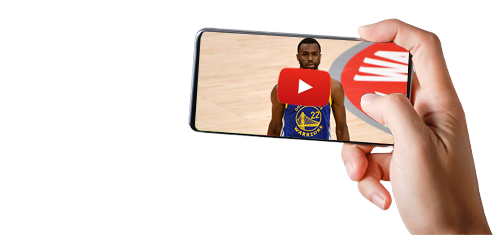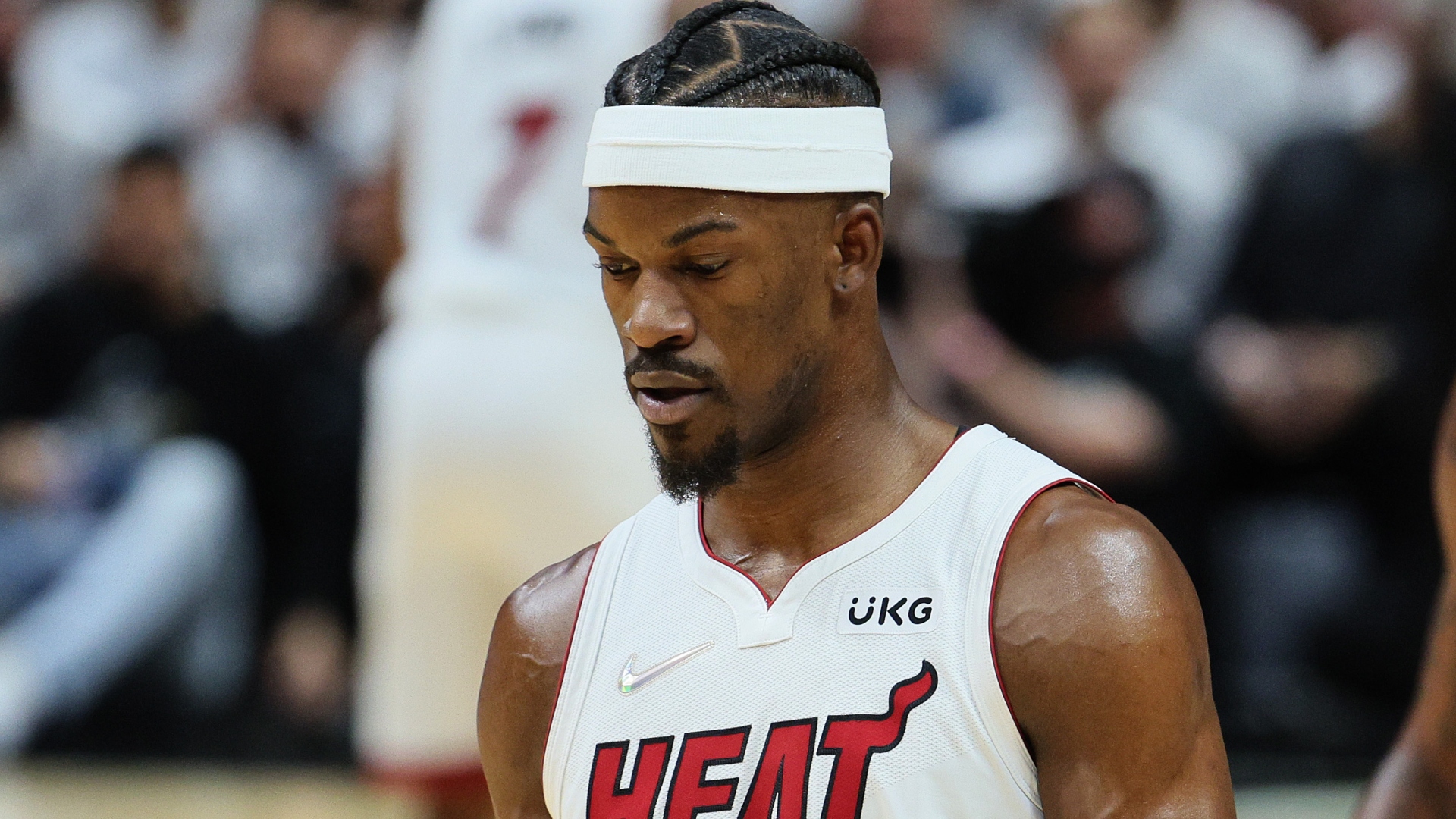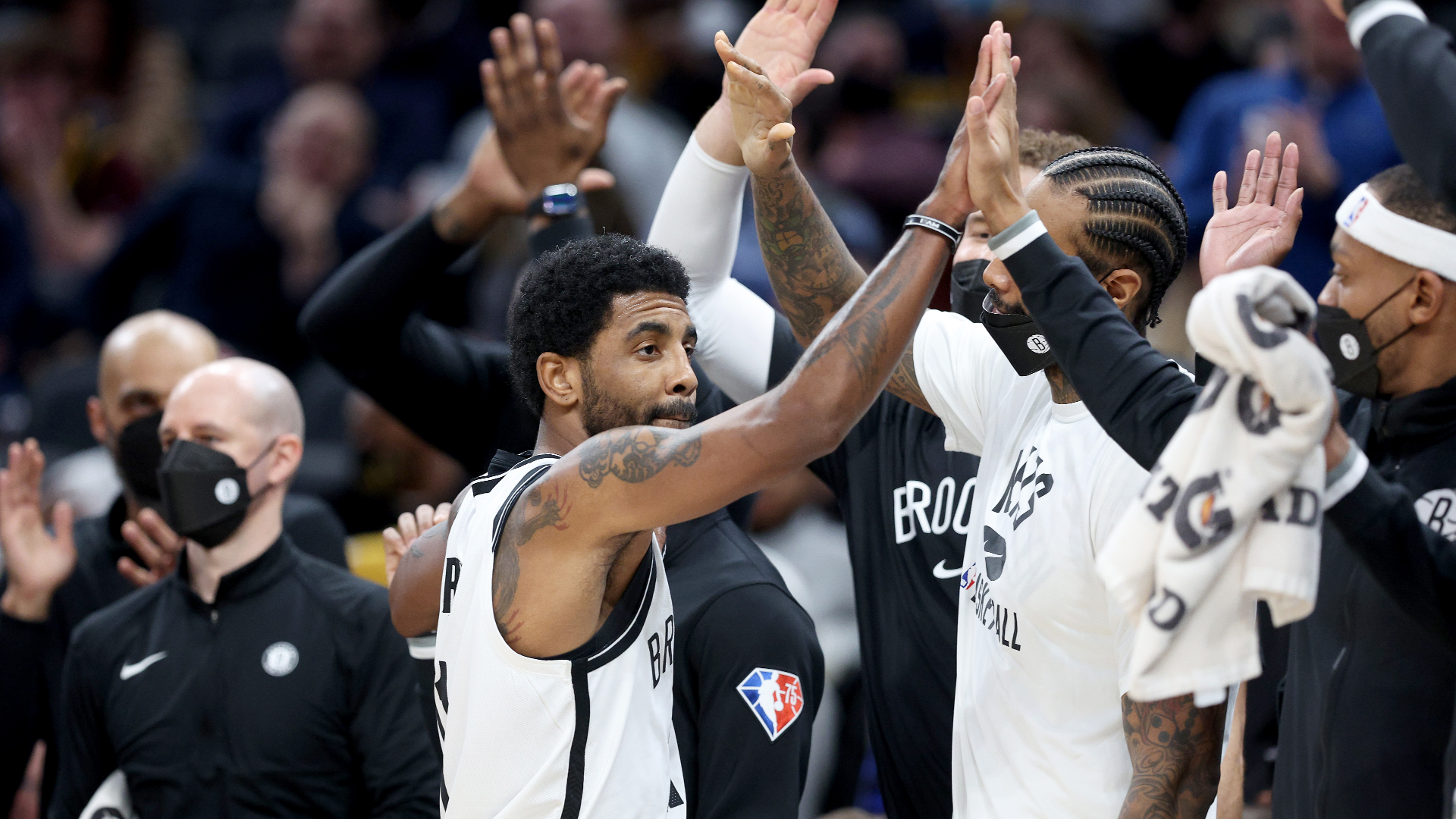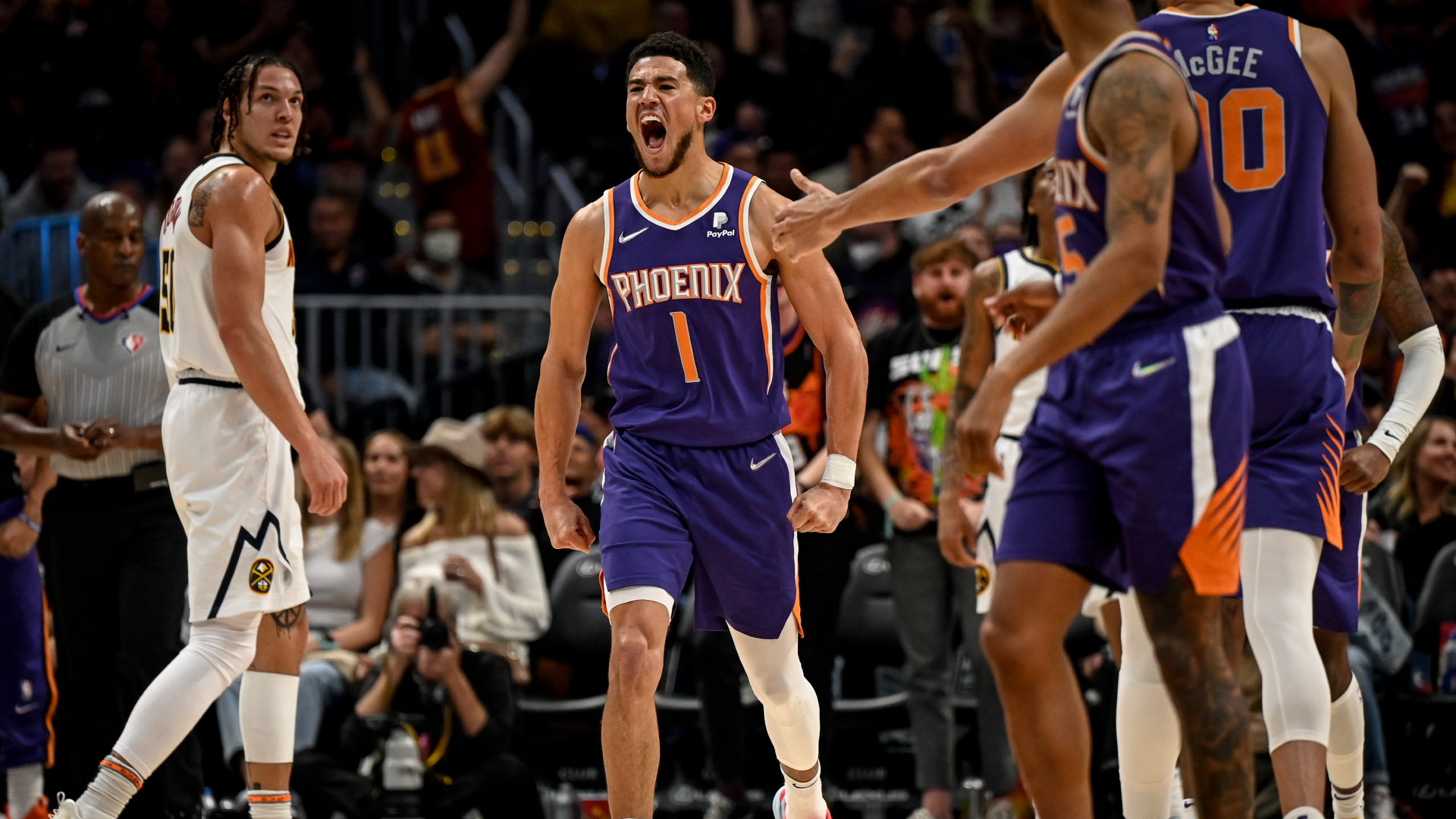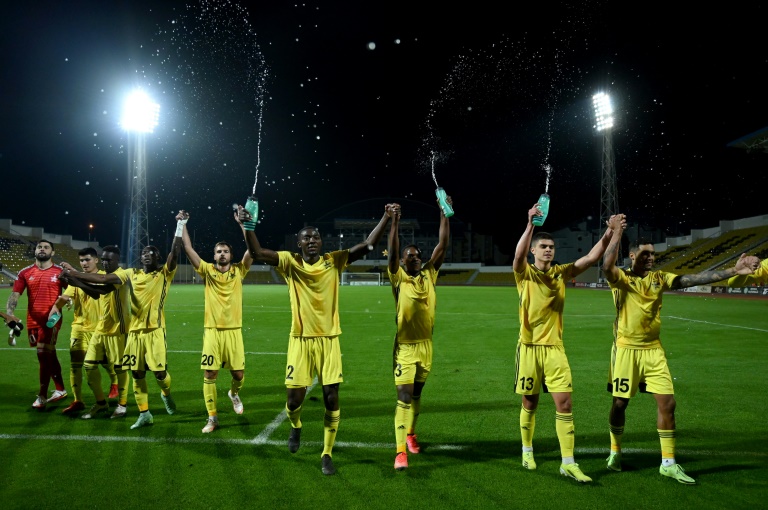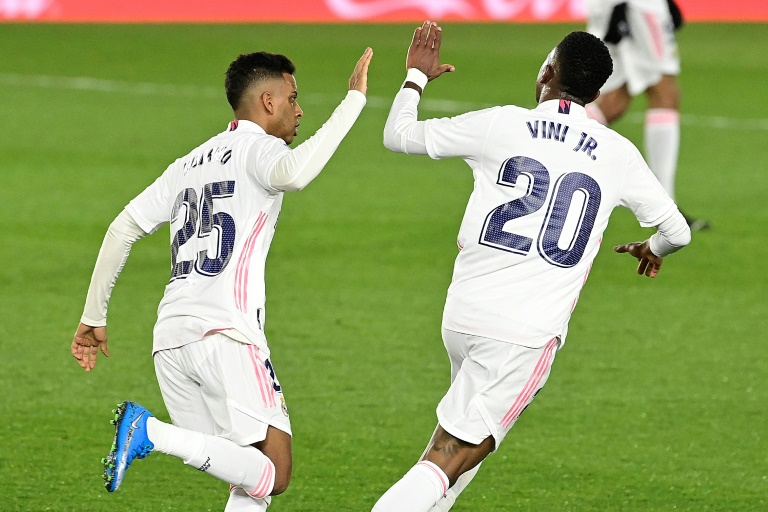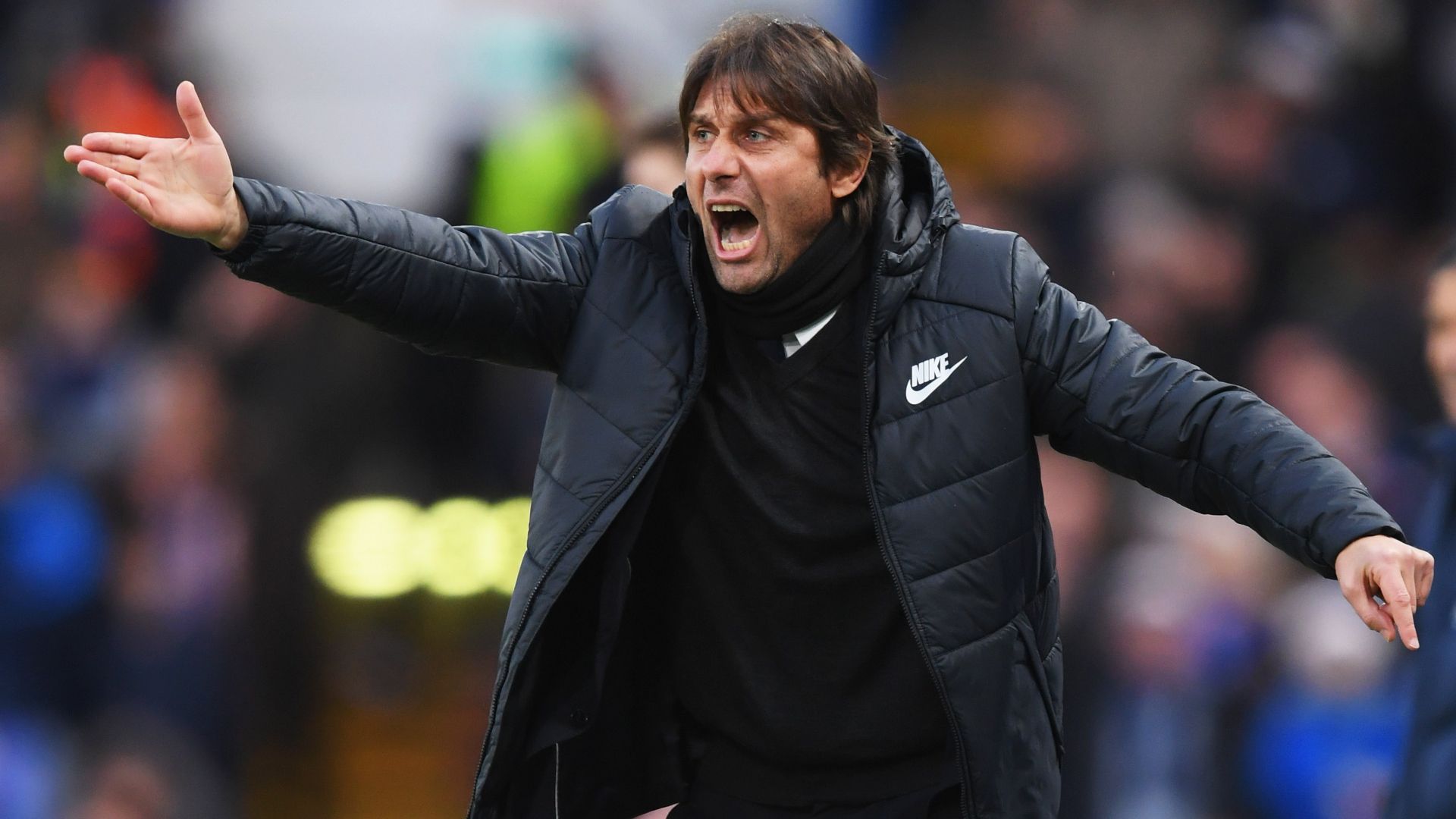
Graham Potter has reportedly been promised time to deliver success after replacing Thomas Tuchel as Chelsea boss.
But questions remain over whether Todd Boehly and Co will really be more patient than predecessor Roman Abramovich was with his head coaches.
A total of 13 bosses took charge of the Blues during the Abramovich reign, with eight of them winning silverware.
As Potter prepares to take charge of his first match against FC Salzburg on Wednesday night, we take a look at the bosses who came before him in the Chelsea hotseat.
Claudio Ranieri
Claudio Ranieri was the man at the helm when Abramovich first took over at Stamford Bridge and the Italian was given a staggering transfer budget.
In a spending spree that brought the likes of Joe Cole, Hernan Crespo and Claude Makelele to West London in 2003, Chelsea looked equipped to challenge on all fronts.
But they fell short, finishing second to Arsenal in the 2003-2004 campaign and exiting the Champions League in the semi-finals — Ranieri was quickly dismissed.
Jose Mourinho
Perhaps the showpiece of the Abramovich era, Jose Mourinho achieved unrivalled success at Chelsea.
In his first season, the Special One secured the Premier League title with a record points haul and defended the trophy the following year before scooping an FA and EFL Cup double in the 2006-07 campaign.
His departure soon after was a shock to many but the Portuguese manager returned in 2013, adding a third Premier League title and EFL Cup to his collection.
Avram Grant
After the unexpected departure of Mourinho in September, director of football Avram Grant was given the reigns for the rest of the 2007-2008 season.
The Israeli boss did not deliver any trophies but did manage to get Chelsea to the EFL Cup and Champions League finals.
Despite this, Abramovich was unhappy with the lack of major honours that campaign and swiftly removed the veteran tactician from the dugout.
Luiz Felipe Scolari
With an esteemed reputation and World Cup winners’ medal accompanying him, Luiz Felipe Scolari’s appointment led to excitement around West London.
But after a mediocre start, Scolari was brutally sacked just seven months into the job, despite sitting fourth in the Premier League.
His departure was representative of the changing game, with more managers being given less time to leave an imprint on their club.
Guus Hiddink
Guus Hiddink has been in and out of Chelsea during his career — twice being brought in as interim manager.
The Dutchman first took over from Scolari and won the FA Cup just three months later before heading off in the summer to become Russia’s head coach.
He returned in 2015 following Mourinho’s second departure but he could not salvage Chelsea’s season, seeing them finish 10th in the Premier League — their lowest position under Abramovich.
Carlo Ancelotti
Carlo Ancelotti wasted no time in London, winning the Community Shield, Premier League and FA Cup in his first season as Chelsea boss.
In an era dominated by Alex Ferguson, there was no room for error under Abramovich and he showed no mercy in the 2010-11 campaign.
A lack of silverware was enough for the Italian to be dismissed after finishing second in the table despite his impressive 61.47% win rate.
Andre Villas-Boas
Following in the footsteps of Mourinho and his success at Porto, Andre Villas-Boas arrived having been declared the European Coach of the Season in 2011.
One of the club’s youngest managers, Villas-Boas failed to impress at the helm, winning less than half of his matches in charge of the Blues.
With reports of unrest within the dressing room, Abramovich waved goodbye to the Europa League winner just eight months into his contract.
Roberto Di Matteo
On the seventh attempt, Abramovich finally delivered European success with the appointment of Roberto Di Matteo.
Brought in to see Chelsea through to the end of the 2011-2012 campaign, Di Matteo delivered a historic night for fans as the English side trumped Bayern Munich to win the Champions League.
His success in the FA Cup two weeks earlier meant the Italian was handed the managerial position permanently but he was sacked just six months later after a dismal start to the new season.
Rafa Benitez
Football fans were left stunned when Rafa Benitez arrived at Cobham following the departure of Di Matteo.
Despite being an unpopular choice amongst fans, the former Liverpool manager guided Chelsea to Europa League glory, meaning they had now won every European honour on offer.
His success did not earn him the right to remain at Stamford Bridge as Mourinho returned to the dugout shortly after.
Antonio Conte
Antonio Conte became the third Chelsea manager to win the Premier League in his maiden season after Mourinho and Ancelotti.
The Italian went on to win the FA Cup the following year but his failure to secure a top-four finish put his job in jeopardy.
His fiery personality clashed with the Chelsea board and he was subsequently sacked — not before receiving a whopping £26.6million payout.
Maurizio Sarri
Maurizio Sarri was another manager who was in charge at the club for under a year — the Italian left for Juventus in the summer of 2019.
He failed to challenge for the title in his 11-month stint but did secure the Europa League title, beating Arsenal in the final.
Sarri could only manage a third-place finish in the Premier League before leaving. He remains the only coach to exit Chelsea for another club in the Abramovich era.
Frank Lampard
Frank Lampard is a legend at Chelsea, so it seemed inevitable that he would get the opportunity to manage them at one point.
The former midfielder was responsible for bringing the likes of Kai Havertz, Timo Werner and Ben Chilwell to the club having been under a transfer embargo in his first season.
His heavy spending failed to bring results and Lampard was sacked in January 2021.
Thomas Tuchel
One of two managers to win the Champions League at Chelsea, Tuchel will be remembered fondly by the fans.
He came agonisingly close to winning both domestic cups last season but lost out on penalties to Liverpool twice.
Tuchel will be forever known as Abramovich’s final appointment and his sudden departure gives an indication that the Blues’ new owner can be just as ruthless as his predecessor.



